Altered brain waves may underlie social problems in autism mice
Boosting the activity of a class of neurons that dampen brain signals eases social problems in a mouse model of autism.

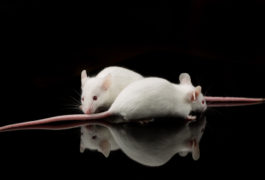
Boosting the activity of a class of neurons that dampen brain signals eases social problems in a mouse model of autism.
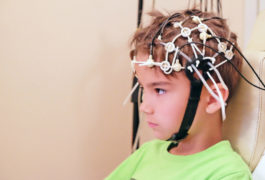
An unusual brain response to sound may distinguish children with mutations in SCN2A, a leading candidate gene for autism.
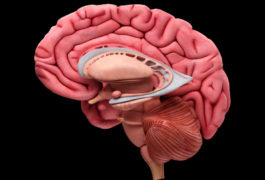
The amygdala, a brain region that governs emotions, may be enlarged and overly connected in children with autism, but it shrinks as the children grow up.
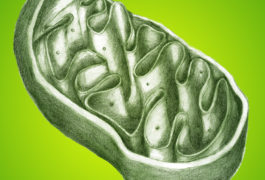
Genetic variants that affect mitochondria, the organelles that power cells, may increase the risk of autism.
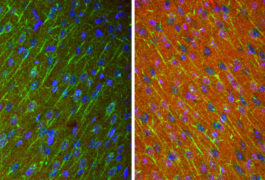
A low dose of a drug used to treat lymphoma may ease social problems in some forms of autism.
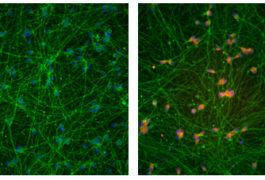
A modified version of the genetic engineering tool CRISPR may restore expression of the gene mutated in fragile X syndrome.

Customized cutoff scores could boost the accuracy of a popular autism screen in certain populations.
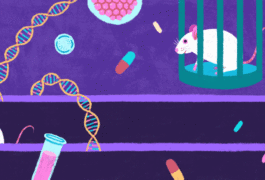
After more than a decade of effort, scientists are questioning whether mouse models of autism can ever capture the social deficits seen in people with the condition.
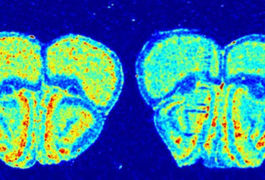
Mice with the mutations linked to tuberous sclerosis make too little protein in their brains — a finding that contradicts a leading theory about the condition.
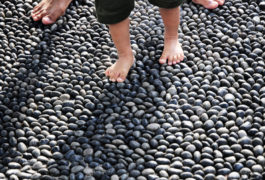
Spontaneous mutations that impair proteins may lead to motor problems in children with autism.